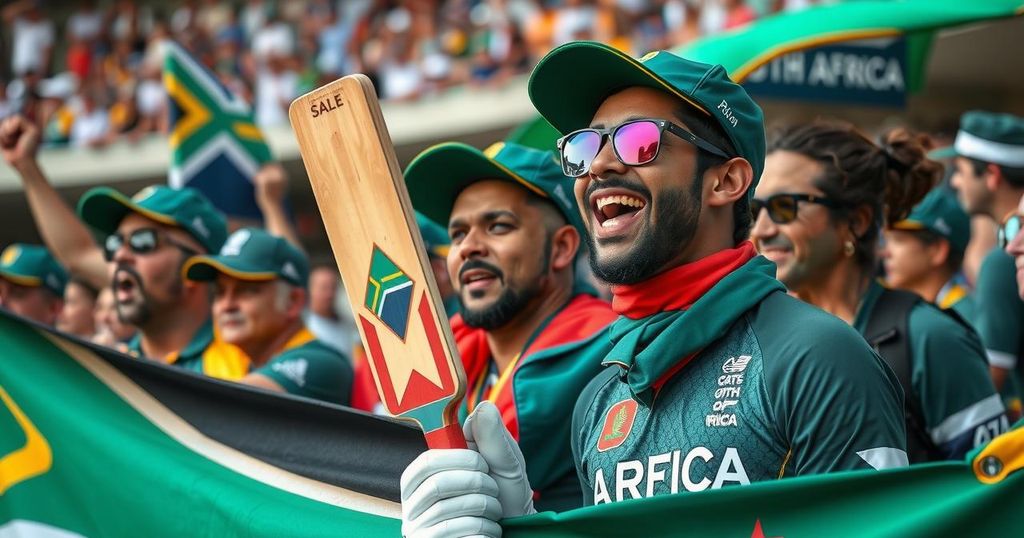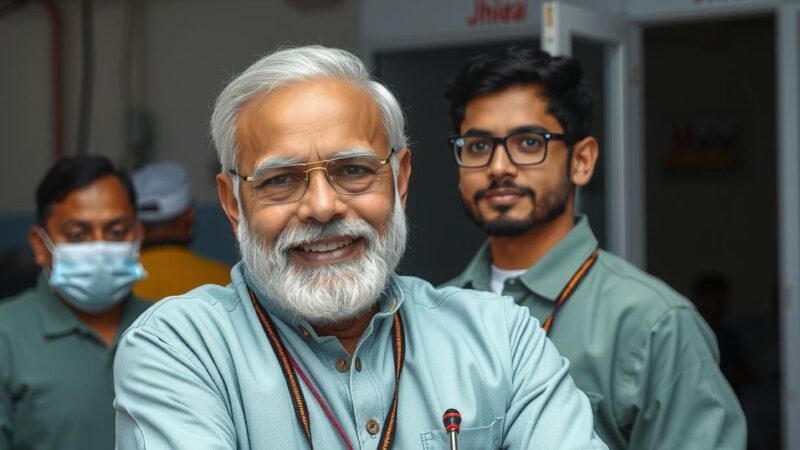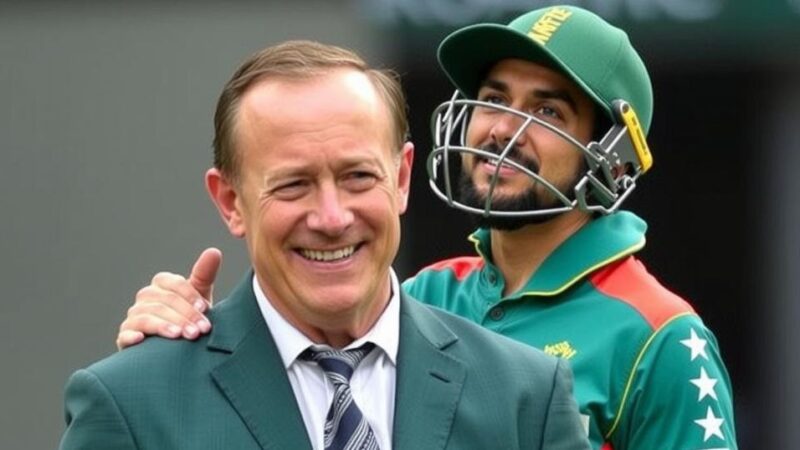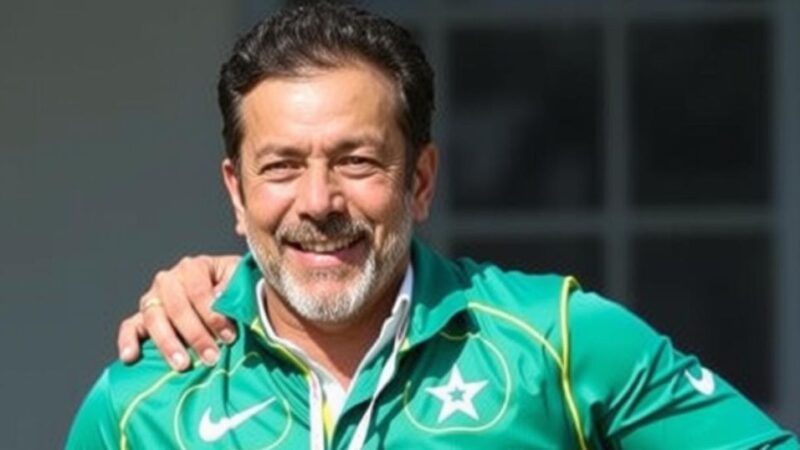South Africa’s Sports Minister Gayton McKenzie endorses a boycott of Afghanistan in cricket due to the Taliban’s suppression of women’s rights. He urges Cricket South Africa to reconsider their fixtures against Afghanistan, paralleling his experiences during apartheid with the current treatment of women in Afghanistan. The boycott is receiving international support, including from over 160 British politicians. Meanwhile, Australia’s position on playing against Afghanistan remains complex.
South Africa’s Sports Minister, Gayton McKenzie, has endorsed calls for a boycott of Afghanistan in the upcoming Champions Trophy, which aligns with appeals from British politicians urging England not to face Afghanistan next month. This proposed boycott is linked to the Taliban regime’s restrictions on women’s rights since they regained power in August 2021. McKenzie has advocated for Cricket South Africa (CSA) to reevaluate its stance on the matches, emphasizing the message this sends globally, particularly regarding women’s participation in sports.
While he articulated his personal desire to refrain from playing against Afghanistan, McKenzie clarified that as Sports Minister, he cannot unilaterally decide on fixture honors. He drew parallels between his experiences during apartheid and the oppression women currently experience in Afghanistan, stating, “As a man who comes from a race that was not allowed equal access to sporting opportunities during apartheid, it would be hypocritical and immoral to look the other way today when the same is being done toward women anywhere in the world.”
Additionally, support for the boycott extends to prominent British politicians, such as Peter Hain, who have urged CSA to oppose Afghanistan’s ban on women’s cricket. Over 160 British politicians have signed a letter to the England and Wales Cricket Board (ECB), advocating for a boycott against Afghanistan. The ECB’s Chief Executive, Richard Gould, called for a unified approach from all cricketing nations regarding Afghanistan’s participation in international matches.
Cricket Australia is also confronted with the dilemma of facing Afghanistan in the Champions Trophy. They had previously postponed a bilateral men’s T20 series due to concerns about human rights violations against women in Afghanistan but still competed against the Afghan team in the ICC ODI World Cup held in India and the T20 World Cup earlier this year.
The current situation arises from the Taliban’s resurgence in August 2021, which has led to significant human rights violations, especially concerning women’s rights and their participation in sports. The reactions from various international cricketing bodies underscore the complexity of balancing competitive sports with ethical considerations surrounding governance and human rights. This scenario also brings to light the historical parallels drawn by individuals from nations with similar pasts, such as South Africa during apartheid.
In summary, South Africa’s Sports Minister, Gayton McKenzie, has supported the growing movement to boycott Afghanistan in cricket due to the Taliban’s oppressive measures against women. His personal reflections draw connections between apartheid-era injustices and contemporary issues facing women in sports. The situation remains dynamic, with global calls for unified action against the participation of Taliban-led Afghanistan in international cricket, reinforcing the intersection of sports and human rights advocacy.
Original Source: www.newsbytesapp.com







